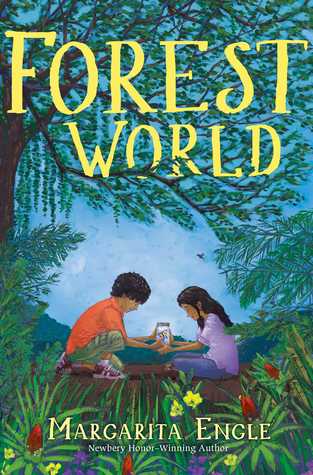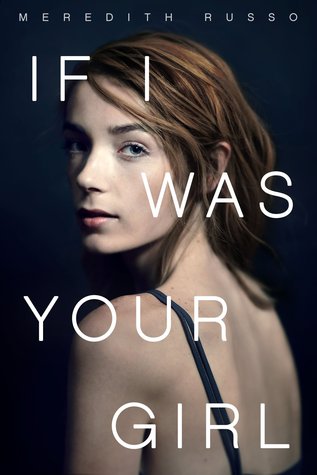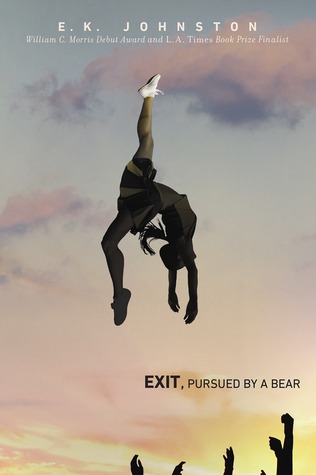Two girls—two orphans. Both are pretty. They kind of look alike. One is an heiress. One is a liar. The book starts with  Chapter Eighteen. “Begin here:” you’re instructed. The book works from the end to the beginning in E. Lockhart’s thriller “Genuine Fraud” (Delacorte 2017).
Chapter Eighteen. “Begin here:” you’re instructed. The book works from the end to the beginning in E. Lockhart’s thriller “Genuine Fraud” (Delacorte 2017).
Imogen, the heiress is the kind of girl who everyone wants as a friend—or so “everyone” thinks. She’s generous, until she’s not. When friends annoy her in some way—if they take her generosity for granted or become boring—she drops those “friends” like scorching hotcakes. Imogen refuses to be the girl that “everyone” wants her to be.
As a reader, I think we try to find our own experience in the stories we read. I know no one like Imogen. Or like Jule, for that matter. Are they out there? At Vassar or Stanford—the schools the two girls drop out of? It doesn’t bother me that I don’t know these girls. It makes me wonder about them all the more.
On Imogen’s dollar, the girls live in a posh flat in St. John’s Wood, London, then a sprawling house that Imogen purchases on Martha’s Vineyard. When they want to ditch Imogen’s boyfriend, Forrest, they jet to Culebra, a Puerto Rican island. On Imogen’s dollar they wear expensive dresses and sports wear. Jule is penniless. Class status is a feature of the story.
There are other friends, but Jule doesn’t want them around. She wants the irresistible Imogen to herself. Does Imogen prefer Jule to her boyfriend Forrest or is that just what Jule wants? It’s hard to know.
Jule begins calling herself Imogen, stays at five star hotels on Mexico’s coast, then she’s in San Francisco, then hiking in the wilderness. The settings are fabulous and the adventures are enviable—to a point. Jule’s mysterious past is revealed little by little. She’s fabulously agile, strong, able—she can fight. She imagines herself an action hero. Insecure, but proud of her athleticism, she can take care of herself.
 Jule is an unreliable narrator. Do you like her? And who is this Imogen? Part way through you’re pretty sure that you know how it’s going to turn out, or something about how it’s going to turn out, but how will we get there? I turned the pages at a rate, in spite of the violence, which I normally shy from.
Jule is an unreliable narrator. Do you like her? And who is this Imogen? Part way through you’re pretty sure that you know how it’s going to turn out, or something about how it’s going to turn out, but how will we get there? I turned the pages at a rate, in spite of the violence, which I normally shy from.
Lockart’s book has been likened to Patricia Highsmith’s The Talented Mr. Ripley and the author acknowledges the influence of that story in her endnotes. Some readers even consider Lockhart’s story a rip-off. Even if she used one book as a model, I’m in awe of her
plotting and pacing. This is Lockhart’s story.

For me “Genuine Fraud” is not as successful as Lockhart’s “We Were Liars,” but few books are. “Liars” kept me spellbound and its end shocked me. For the record, Lockhart also writes picture books under the name Emily Jenkins. And those are pretty marvelous—and at times controversial.
Patricia Hruby Powell is author of the young adult documentary novel Loving vs. Virginia and Josephine: The Dazzling Life of Josephine Baker talesforallages.com




